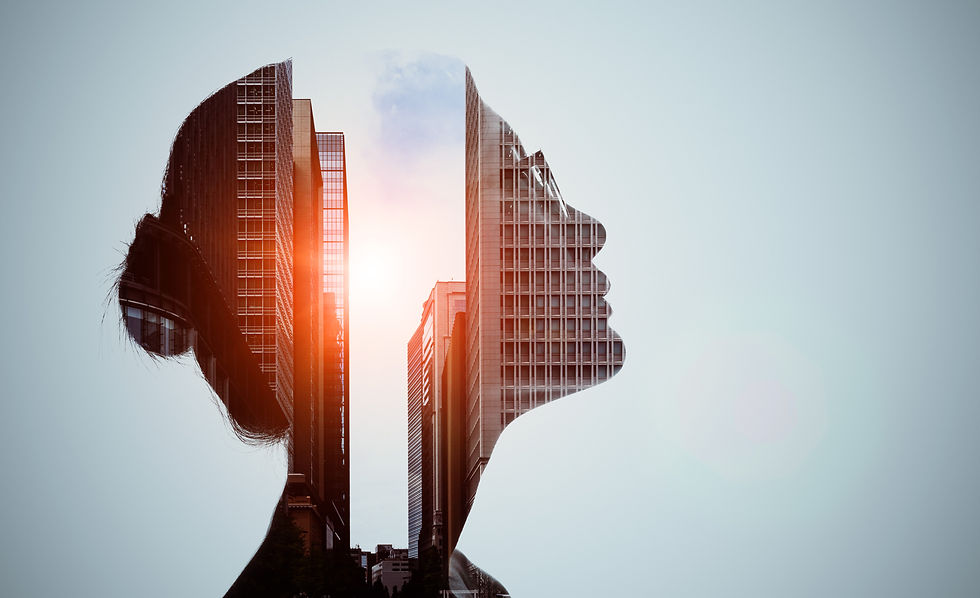What are the key behavioural drivers that will have an impact on the customers’ mindsets in 2023?
- Aulona Noka
- Apr 26, 2022
- 2 min read

Time perception
Subsequent lockdowns, pandemic-induced, have altered our perception of time, and have created what academics define the “quarantine paradox”.
Work from home or hybrid work policies have also been a strong contributor of that non-existent sense of time.
When people lack time perception, nostalgia can help them feel more grounded in the present.
This means that nostalgia uptrends are and will be rising across industries, and we have started to see it in the content creation industry with some of the cult shows and movies having a come back through reunions (Friends is an emblem there).
This will mean that brands across industries should think of new and creative ways to bring back comfortable and iconic past experiences and products.
Numbness
2020 has been characterised by a heavy and deep-rooted emotional turmoil. A plurality of simultaneous emotional states has been a defining feature of 2020, in an ever-changing and increasingly complicated world. That has consequently given rise to unique coping mechanisms.
Consumers are looking for any way to deal with a ringing feeling of numbness
A compassion and care fatigue have brought out a strong social apathy. The result of this for consumers will mean a structured care, which concretely mean learning to select topics to care about, step back, examine and digest the enormous amount of information we are exposed to everyday, and prepare a structured and appropriate response.
This means consumers will carefully select topics to care about and highlight even more the aspect of purpose for both brands and marketers. Brands with a purpose will become the norm.
Cautious Motivation
It’s anticipated that by 2023, coronavirus vaccines will be deployed in most countries and the pandemic will likely be under control, but that won’t mean a rapid return to pre-pandemic normality. Cautious motivation will be a key sentiment for both social experiences and self-improvement.
A key indicator of how motivated consumers are is travel. Inmarsat’s Passenger Confidence Tracker found that in a global survey of 10,000 travellers, eight in 10 air passengers said their travel habits will change because of Covid-19, with 41% planning to travel less frequently. The report found “this sentiment is even higher among Asian passengers, with 58% in India and 55% in South Korea planning to travel less in the future.
This will mean a faster localisation of overall consumption and travel in particular, a very important indicator for all brands.
Hope
The belief that things will get better, and that individual can play an important role in driving this change, is inspiring consumers to focus on what a renewed world will look like
People need hope, the belief that things will get better, and that individual can play an important role in driving this change, is a key driver.
Also, hope is different from passive optimism. It inspires consumers to have an active role in making better days possible, it puts a greater emphasis on personal responsibility.
This would mean brands will have to find ways to upgrade customer experiences with all that in mind.




Comments